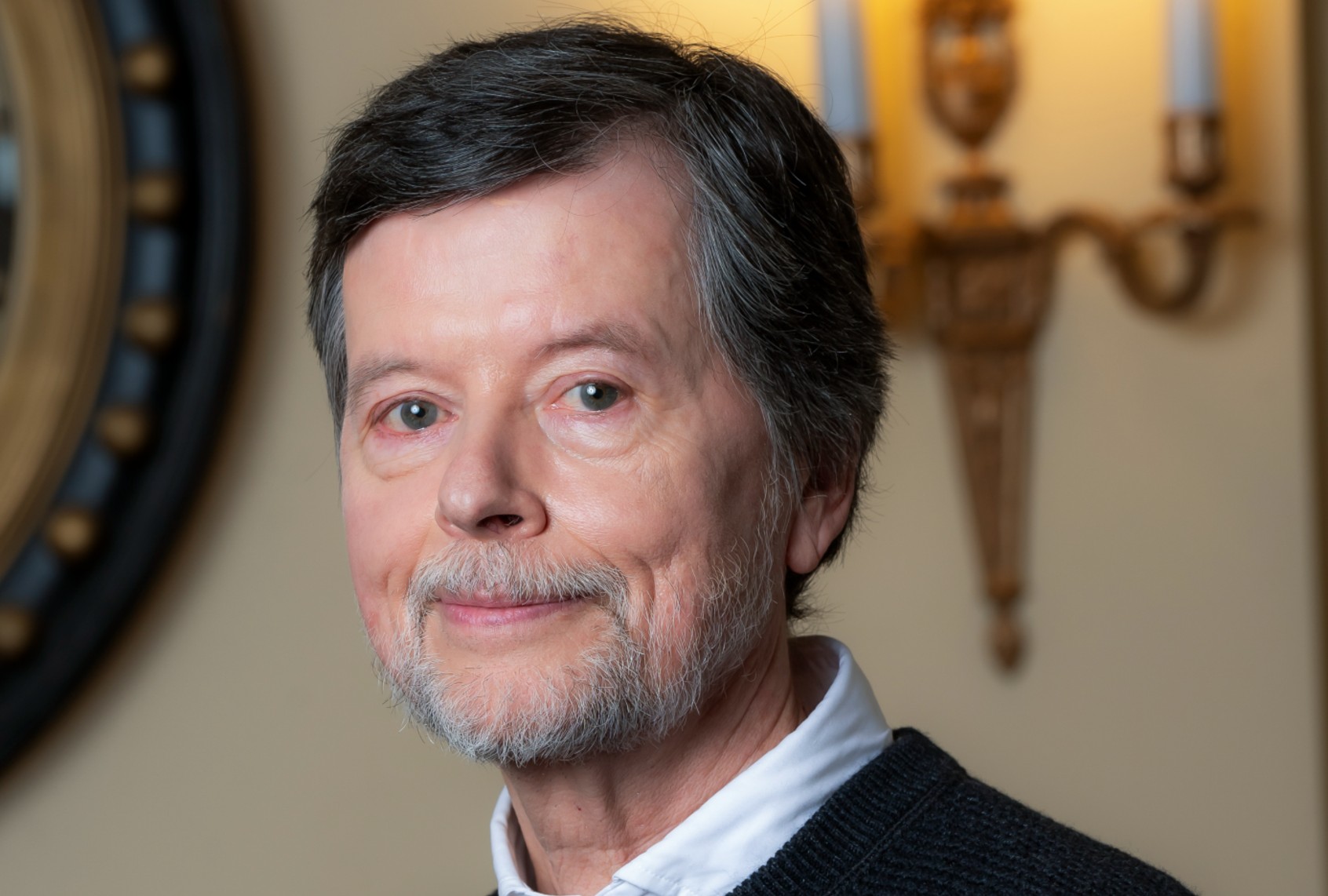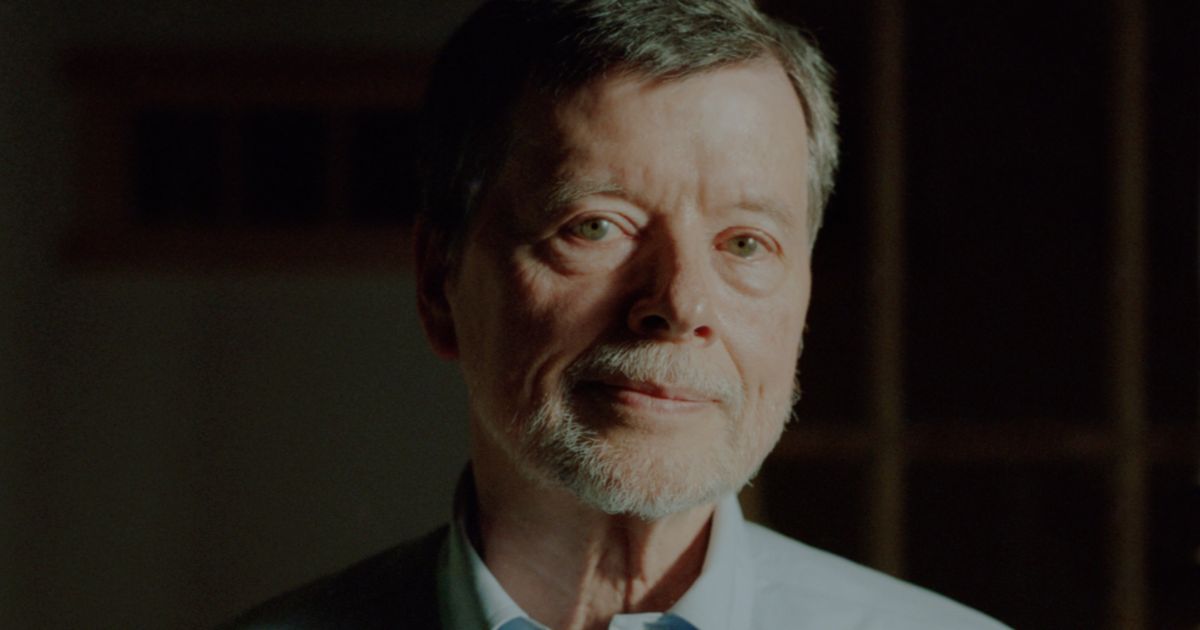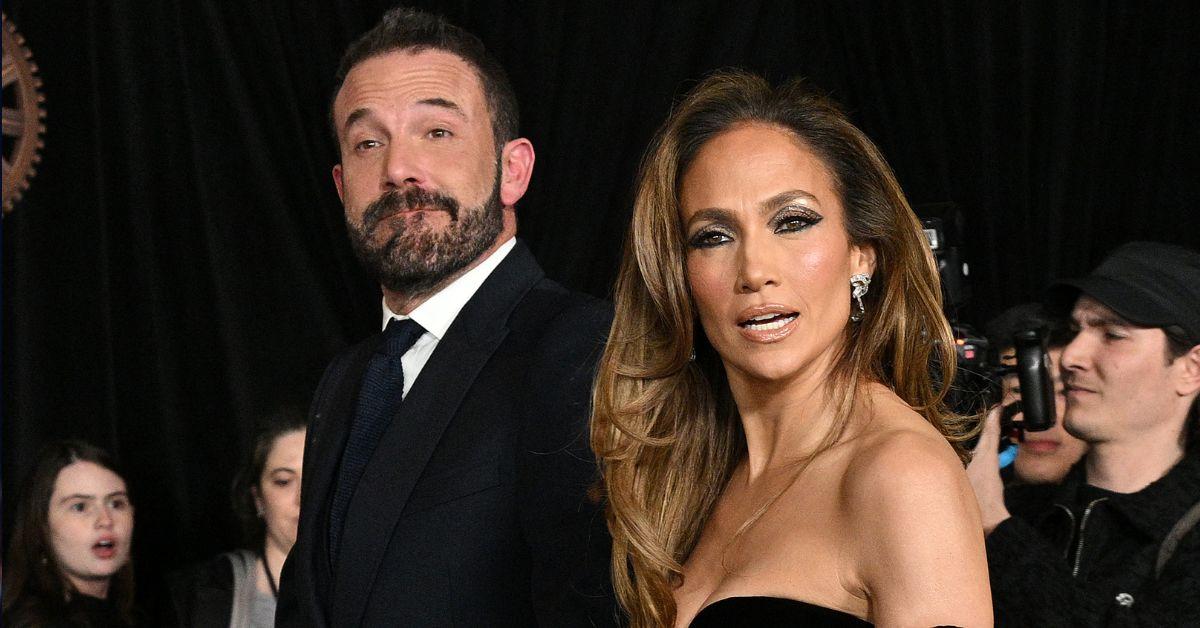Having spent nearly 50 years telling America’s stories, warts and all, Ken Burns knows better than to traffic in the reassurance business. I was reminded of that on Monday when I spoke with him a couple of hours before he was set to take the stage for an eager audience in Seattle’s McCaw Hall.
Few documentary filmmakers can pack a 2,900-seat auditorium in major cities like this, one of many on the filmmaker’s national tour to promote his highly anticipated upcoming documentary series “The American Revolution,” a 12-hour project that has been a decade in the making.
But then, Burns is a unique public figure meeting viewers at a dire time for public broadcasting. His name is synonymous with public television’s mission statement to serve the American public “with programming and services of the highest quality, using media to educate, inspire, entertain and express a diversity of perspectives.”
“I just think it’s so incredibly short-sighted that you would take something that is so central to almost every citizen and gut it.”
Burns’ Seattle visit happened days before the Senate approved the White House’s request to claw back nearly $1.1 billion in federal funding for the Corporation for Public Broadcasting (CPB), the private, nonprofit corporation that provides funding to National Public Radio and the Public Broadcasting Service.
Two Republicans, Senators Lisa Murkowski of Alaska and Susan Collins of Maine, joined Democrats to oppose the rescission measure, which passed 51-to-48 early Thursday morning. The House is expected to grant final approval by Thursday evening. Once it receives President Trump’s signature, the CPB will be defunded for the first time since Congress established it in 1967.
“These cuts will significantly impact all of our stations, but will be especially devastating to smaller stations and those serving large rural areas,” said PBS President and CEO Paula Kerger in a statement released on Thursday morning. “Many of our stations which provide access to free unique local programming and emergency alerts will now be forced to make hard decisions in the weeks and months ahead.”
Days before this happened, I wondered aloud how many public TV viewers were attending his appearances in the hope of receiving some consolation.
“I don’t know if our obligation is to provide reassurance, other than to be calling balls and strikes,” Burns answered. “I mean, you don’t turn to the umpire who’s been calling you out and say, ‘Will you ever say this is a ball and not a strike?’ Or, ‘Do you think we have a chance to win?’ I think what you do is, you just look to the fact that the process goes on . . . that things change and are constantly changing.”
Calm as this may read, Burns is under no delusions concerning what PBS and NPR are facing. “I just think it’s so incredibly short-sighted that you would take something that is so central to almost every citizen and gut it — kill it in many areas, particularly rural areas,” he said. “It seems the opposite of what you’d want to do, to provide such extraordinary services just beyond children’s and primetime.”
“The pursuit of happiness that our founders meant was not the pursuit of objects in a marketplace of things, but lifelong learning,” Burns observed. “PBS is a marketplace of ideas. So this is our role, and to create citizens is to create a population that’s virtuous and actively participating in whatever citizenship means. And that’s the ongoing revolution.”

(PBS) Ken Burns
Support from the CPB and other federal sources amounts to 15% of PBS’ overall funding, most of which flows to more than 330 member stations. NPR derives around 1% of its annual budget from those sources. In turn, those PBS member stations and the more than 1,200 public radio stations that broadcast NPR content pay licensing fees and dues that are in part used to support national programs such as “All Things Considered.”
On May 1, President Trump issued an executive order titled “Ending Taxpayer Subsidization of Biased Media,” placing supporters of NPR and PBS on high alert. Not long after Trump issued his order, Burns expressed faith that PBS would survive and thrive during an interview with Axios, adding, “I think it will be a voice of sanity in the midst of a lot of cacophony that’s out there.”
That was before the GOP-controlled House of Representatives narrowly approved legislation to eliminate federal funding for the CPB in June.
“PBS is a marketplace of ideas. So this is our role, and to create citizens is to create a population that’s virtuous and actively participating in whatever citizenship means. And that’s the ongoing revolution.”
Prior to his appearance in Seattle, Burns’ promotional voyage for “The American Revolution” had already taken him to major cities on the East Coast, including historically relevant locales like Boston and Monticello in Charlottesville, Virginia, where he spoke on the Fourth of July. Following a West Coast round, Burns will bring the film to NYC, Chicago, Philadelphia and Washington, DC, all prior to the series’ mid-autumn premiere on PBS.
Stations in larger American cities like these will likely survive, but may need to lay off staff. Many stations in rural communities won’t make it. On Monday, The New York Times shared details from a 2011 internal NPR report estimating that if Congress cuts funding to the public radio system, broadcasters in the Midwest, South and the West would be most affected. The report also estimates that as many as 30% of listeners would lose access to NPR programming, and up to 18% of its member stations would be shuttered.
In addition to being 14 years old, this information largely predates the demise of local media in rural areas. Today’s PBS member stations would likely cut their homegrown productions first, including their newsrooms, some of which are the only source for community information in their towns. We’ll begin to see these impacts most acutely in October, which is when payments from CPB’s cancelled 2025-2027 fiscal appropriations were set to be distributed.(Congress originally approved these funds in March 2025.) Which is to say, by the time “The American Revolution” premieres in November, there may be fewer stations broadcasting it.
The six-part docuseries, which Burns co-directed and produced with Sarah Botstein and David Schmidt, who joined him in Seattle, may be his most ambitious undertaking yet. It recreates the war through the perspectives of Continental soldiers, militiamen, British officers, and American Loyalists, as well as Native soldiers and civilians, enslaved and free African Americans, German mercenaries and French and Spanish allies. And, of course, common people who bore witness.
Presenting “The Americana Revolution” feels timely – urgent, even – owing to this administration’s brute force efforts to revise America’s history and laws in ways that would have made the nation’s founders recoil. Many politically precarious eras in our history would have done that, Burns reminded me. Nevertheless, “I think there have been three great crises since the creation of the United States: the Civil War, the Depression and World War II,” he said. “I think we’re in the fourth, and I think it’s as existentially serious as anything we’ve been through. I don’t know how it will turn out.”
At the same time, he believes a lot of Americans want our democracy, as they once knew it, to survive. The majority of Americans also believe NPR and PBS should survive — 43%, according to a Pew Research survey released in March. That number includes Democrats and Republicans. (33% say they are not sure.)
“I believe that whatever happens, it will take years to repair the damage that’s been done in seven months,” Burns said. “And I think that that’s our job, wherever you’re able to do it.”
“I think there have been three great crises since the creation of the United States: the Civil War, the Depression and World War II. I think we’re in the fourth, and I think it’s as existentially serious as anything we’ve been through. I don’t know how it will turn out.”
Burns has often maintained that he could earn a lot more money by making documentaries for production companies or streaming services. But only PBS gives him the space and time to carefully craft substantial works like “The American Revolution” and his other series, so he intends to stay there.
Burns also knows his profile allows him to fundraise for his productions with more success than less established filmmakers may face, and that worries him. Central to the Republican argument for defunding public media, I pointed out, is that private funders such as philanthropists and corporations would step in to save shows like “Nature,” “Nova” and other flagship programs.
“I can’t predict the future, but I also think there’s a little bit of cannibalization implied by your question,” he responded. “Automatically, because we can’t solve the big wolf at the door, we’re going to start saying, ‘OK, so how much of the food are you going to get? And, how much of the food are you going to get?’”
“We’re all in this together,” he added, “There has to be just complete and utter solidarity. Otherwise, the hand-wringing will be legitimate.”
Start your day with essential news from Salon.
Sign up for our free morning newsletter, Crash Course.
When Burns and Schmidt took the stage in Seattle with historian Alan Taylor, one of their film’s advisors, they were met with raucous applause. Burns, in fact, received a standing ovation simply for coming out to introduce the hour-long montage of clips that preceded a question-and-answer segment moderated by The Atlantic’s senior editor Vann Newkirk II.
Such appreciation is certainly gratifying. Even so, as I watched viewers like you and me joyfully greet him, I recalled what Burns shared about his recent three-hour sit-down with Joe Rogan. After recording that podcast episode, Burns heard from some of Rogan’s listeners who admitted they’d never heard of him before, but intended to watch his past series with family.
“I went, ‘This is better than, ‘Oh, you’re a national treasure,’ ‘You’re great, ‘I love everything you’ve done,’” he said. “. . . I just thought, ‘OK, hallelujah, one person.’ Maybe there were six people, or whatever it is — it’s a start. To have that kind of conversation is much more important than ratifying our anxiety, or ratifying the fact that the sky is falling, or agreeing that this is the worst ever.”
Burns concluded, “The biggest thing is the enthusiasm for the possibility that this origin story, told in a complicated way, could be a way back to putting, as we’ve said ad nauseum, the ‘us’ back in the U.S.”
“The American Revolution” premieres Sunday, November 16 and airs over six consecutive nights on PBS member stations.
Read more
about the push to defund PBS and NPR

